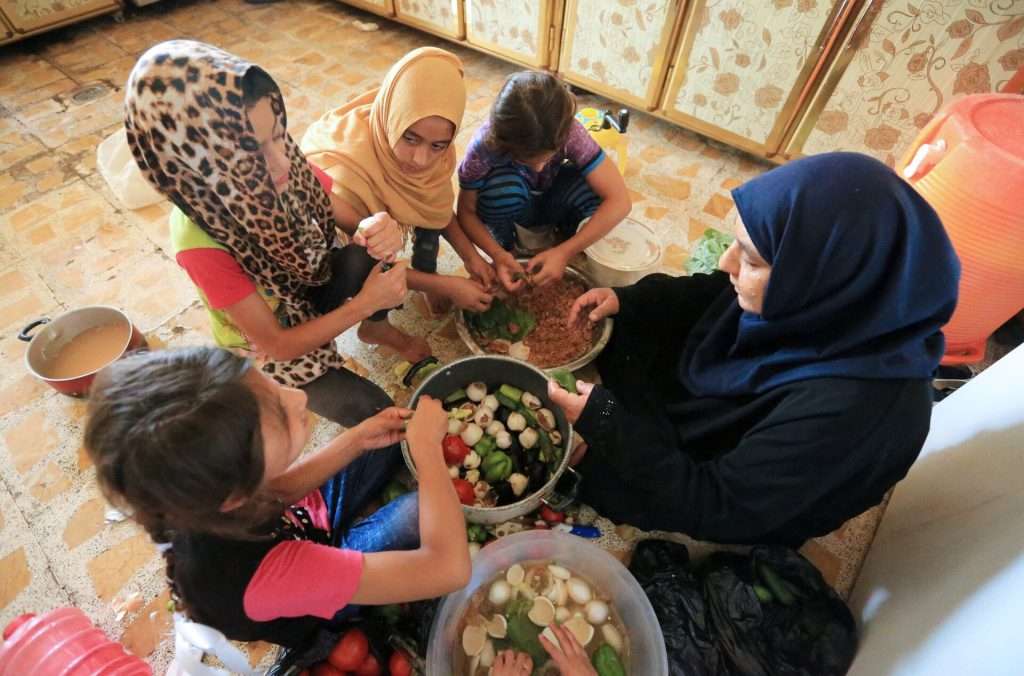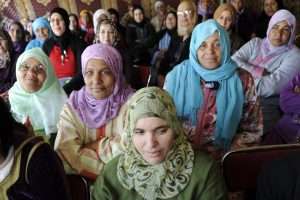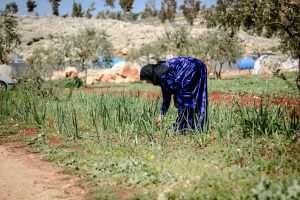Iraq: Freak weather turns up the heat on women’s rights

While drought has been looming in the Middle East and North Africa for years, Iraq is particularly vulnerable to climate change. The lack of water in Iraq is placing increased pressures on women, both within their families and in society, Maha Yassin, a research specialist in climate change and activism said in a interview with Middle East Explained published on July 8th.
“Women bear the responsibility of taking care of the family and all the household. This means securing water, cooking and making sure the children are cleaned,” Maha Yassin, a Research Specialist in climate change and activism said in an interview with Middle East Explained.
“They have to think of ways to secure this water that is enough for the family. Of course they have other responsibilities, but this is an added problem.”
Yassin also pointed to women dressing conservatively as an added pressure amid weather extremes, particularly heatwaves.
“With the heat and the lack of energy, they also start to suffer from it,” she said.
Women in Iraq also have limited participation in decision making and creating policies that tackle climate change. The lack of female participation is historical, Yassin added, calling on the Iraqi government to empower women financially and socially.
Every year, during the summer months, there is a huge water crisis unfolding in the south of the country. Yassin said that, without immediate action, the situation in Iraq will only get worse, particularly for the southern communities where farmers rely on raising water buffalos.
“Governments need to look into ways to empower women financially and provide trainings for them so they can also provide for themselves and for their families,” Yassin said. “This is going to take so much time but if we want to think of an immediate solution then this could be one of them.”
Middle East Explained
Want to chase the pulse of North Africa?
Subscribe to receive our FREE weekly PDF magazine














